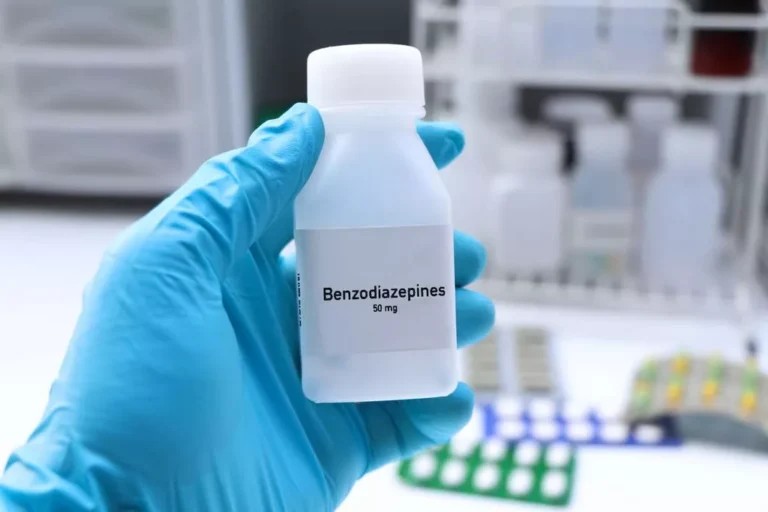
FASDs can cause behavioral, mental, and physical symptoms in children, which can continue into adulthood. There is no cure for FASDs, but treatments can help manage symptoms. Teenagers with fetal alcohol syndrome may experience trouble at school because of vision, hearing, or cognitive problems.

How to Tell if a Child Has FAS
View and download the Diagnostic Tools to learn how to measure philtrum smoothness and upper lip thinness accurately. Individuals who are pregnant or trying to become pregnant should avoid consuming any amount of alcohol. To prevent FASDs, a woman should avoid alcohol if she is pregnant or might be pregnant. This is because a woman could get pregnant and not know for up to 4 to 6 weeks.
Reducing risk

Other helpful resources include Alcoholics Anonymous (AA) and the Substance Abuse and Mental Health Services Administration (SAMSHA). It’s important to understand that FASDs can result from occasional drinking as well. FASDs are caused by alcohol use at any time throughout pregnancy. The best prevention method is to avoid alcohol use when you’re trying to become pregnant, when you suspect you may be pregnant, or when you know you’re pregnant. You’ll notice we use the term “woman,” “women,” and “mother” in this article. While we realize this term may not match your gender experience, it’s the term used by the researchers whose data was cited.
How early can you tell if your child has fetal alcohol syndrome?

It is essential to speak with a doctor as soon as possible if a child shows signs of FAS. Early identification can improve the outcome for children with FAS and raise their quality of life. Sometimes, this means that people drink alcohol without realizing that they are pregnant.
What are the symptoms of fetal alcohol syndrome?
Over time, a number of secondary effects can happen in people with FAS, particularly in those who aren’t treated for the condition in childhood. These are called secondary effects because they’re not part of FAS itself. Instead, these secondary effects happen as a result of having FAS. It’s also recommended that you not drink alcohol if you’re sexually active and not using effective birth control. During early pregnancy, the fetus is already developing rapidly. Alcohol consumption could harm the developing fetus at any time during pregnancy — especially early on in the development process.
What is the treatment for FASDs?
- Rivkin and colleagues at Boston Medical Center used volumetric MRI imaging to study the brain structures of 21 young adolescents with prenatal substance exposures and 14 with no exposures.
- If you’re pregnant and struggling with an alcohol problem, talk to a midwife or doctor.
- Teratogens can interfere with a fetus’s growth and development, particularly that of the central nervous system (CNS), which includes the brain and spinal cord.
- However, diagnosis of fetal alcohol spectrum disorders can be difficult.
If you’re the parent of a teenager with fetal alcohol syndrome, you likely have a lot of questions. We’ve gathered information to help you feel prepared talking with your teenager’s doctor. There is no particular treatment for FASD, and the damage to a child’s brain and body cannot be reversed. The risks of drinking during pregnancy are higher in those who do not have a usual doctor they see throughout pregnancy and those who experience frequent mental distress. The cause of all FASDs is alcohol consumption during pregnancy. Alcohol in the parent’s blood passes to the fetus through the umbilical cord, exposing them to its effects as they grow.

Although more research is necessary, some studies show that the craniofacial differences of people with FAS may improve during or after adolescence. The traits most likely to persist are a thin upper lip and a smaller head circumference. Tony Loneman, a character in Tommy Orange’s 2018 novel There There, was born with fetal alcohol syndrome, which he calls “the Drome”. Diagnosing FASDs can be hard because there is no medical test, like a blood test, for these conditions. And other disorders, such as ADHD (attention-deficit/hyperactivity disorder) and Williams syndrome, have some symptoms like FAS. The more alcohol you drink during pregnancy, the greater the chance of problems in your baby.
How is fetal alcohol syndrome (FAS) treated?
While there is no cure, resources are available for people with fetal alcohol syndrome. It’s important to talk with your teenager’s doctor if you believe they may have this condition but have not yet received a diagnosis, or if you believe other supportive measures are needed. Fetal alcohol syndrome refers to the effects of alcohol exposure in the womb. People with fetal alcohol syndrome may have growth defects, cognitive difficulties, and central nervous system problems.
The prognosis of FASD is variable depending on the type, severity, and if treatment is issued.[citation needed] Prognostic disabilities are divided into primary and secondary disabilities. Most people with an FASD have most often been misdiagnosed with ADHD due to the large overlap between their behavioral deficits. Using the information that is available, the Centers for Disease Control (CDC) and other celebrities with fetal alcohol syndrome scientists estimate less than 2 cases of FASD in every 1,000 live births in the United States. When researchers look at the whole spectrum of disorders (FASD), the frequency may be as high as 1 to 5 out of every 100 kids in the U.S. and Western Europe. Some behavioral difficulties may cause a person difficulty getting along with others. This may put a strain on their personal and familial relationships.
- Any alcohol — wine, beer, spirits, etc. — that gets into a mother’s blood can pass directly to the baby through the placenta and affect a baby’s development.
- Alcohol seems most damaging in the first trimester (three months) of pregnancy but can affect the fetus at any time during the pregnancy.
- If you drink alcohol during pregnancy you risk causing harm to your baby.
- Especially striking was the finding that prenatal tobacco exposure alone had an effect on brain volume that fell just short of statistical significance.
- Fetal alcohol syndrome (FAS) is a form of fetal alcohol spectrum disorder (FASD).